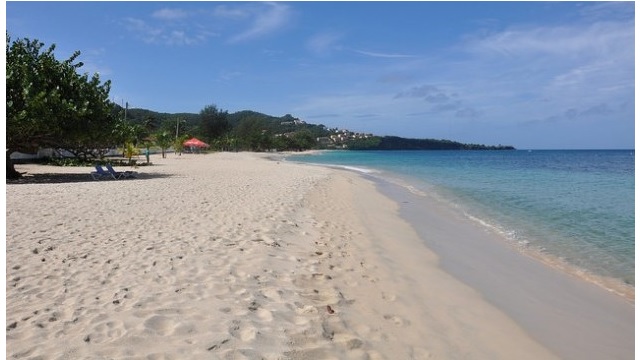Dear Editor,
Sint Maarten, a jewel of the Caribbean, is renowned for its breathtaking beaches that stretch along its coastline, attracting tourists from across the globe. These beaches are not just beautiful; they are a natural resource of immense value, both ecologically and economically. It is high time that we recognize the critical importance of these pristine shores, not only for our tourism industry but also for our very survival in the face of climate change. To safeguard our beaches, we must advocate for responsible beach management policies that prioritize protection, accessibility, and sustainability.
Our beaches are the lifeblood of Sint Maarten’s tourism product. Tourists flock to our island for the sun, sea, and sand, and our beautiful beaches are a central component of their experience. These visitors contribute significantly to our economy, providing jobs, income, and opportunities for countless locals. However, if we continue on the path of unchecked development and privatization, we risk losing the very assets that make Sint Maarten a world-class tourist destination.
One of the key issues we face is the sale of our beaches to the highest bidder. This trend not only threatens the accessibility of our beaches for locals but also endangers the fragile ecosystems that thrive along our coastlines. Selling off our beaches wholesale might provide a short-term financial gain, but the long-term consequences for our environment and tourism industry are dire. Instead, we should prioritize policies that restrict excessive development and emphasize the preservation of our natural resources.
Furthermore, we must acknowledge the need for zoning our beaches to regulate activities and hours of operation. This is not about restricting access but about ensuring that our beaches are enjoyed responsibly and sustainably. By designating specific areas for different activities, we can protect sensitive habitats, reduce conflicts among beachgoers, and enhance the overall beach experience. For instance, certain areas could be reserved for swimming and sunbathing, while others could cater to water sports or wildlife conservation efforts.
Turning our beach policy into a national ordinance is a crucial step towards achieving these goals. This would establish a legal framework to protect our beaches, ensuring that decisions about their use are made in the best interest of the island and its people. Local input should be sought and considered when developing such policies, ensuring that they reflect the needs and desires of the community.
Moreover, our beaches are not just a source of economic prosperity; they are also vital in building resilience against climate change. Rising sea levels and extreme weather events pose a significant threat to our island, but healthy, well-managed beaches act as natural buffers against these challenges. They absorb wave energy, prevent erosion, and provide a critical defense for our coastal communities.
In conclusion, the importance of Sint Maarten’s beaches as a natural resource cannot be overstated. They are the cornerstone of our tourism industry, a bulwark against climate change, and a source of pride for our community. To protect them, we must resist the allure of short-term profits and prioritize long-term sustainability. Let us come together as a community to advocate for responsible beach management policies, zoning regulations, and the transformation of our beach policy into a national ordinance. By doing so, we can ensure that our beaches remain a source of pride, prosperity, and resilience for generations to come.
Tadzio Bervoets





























